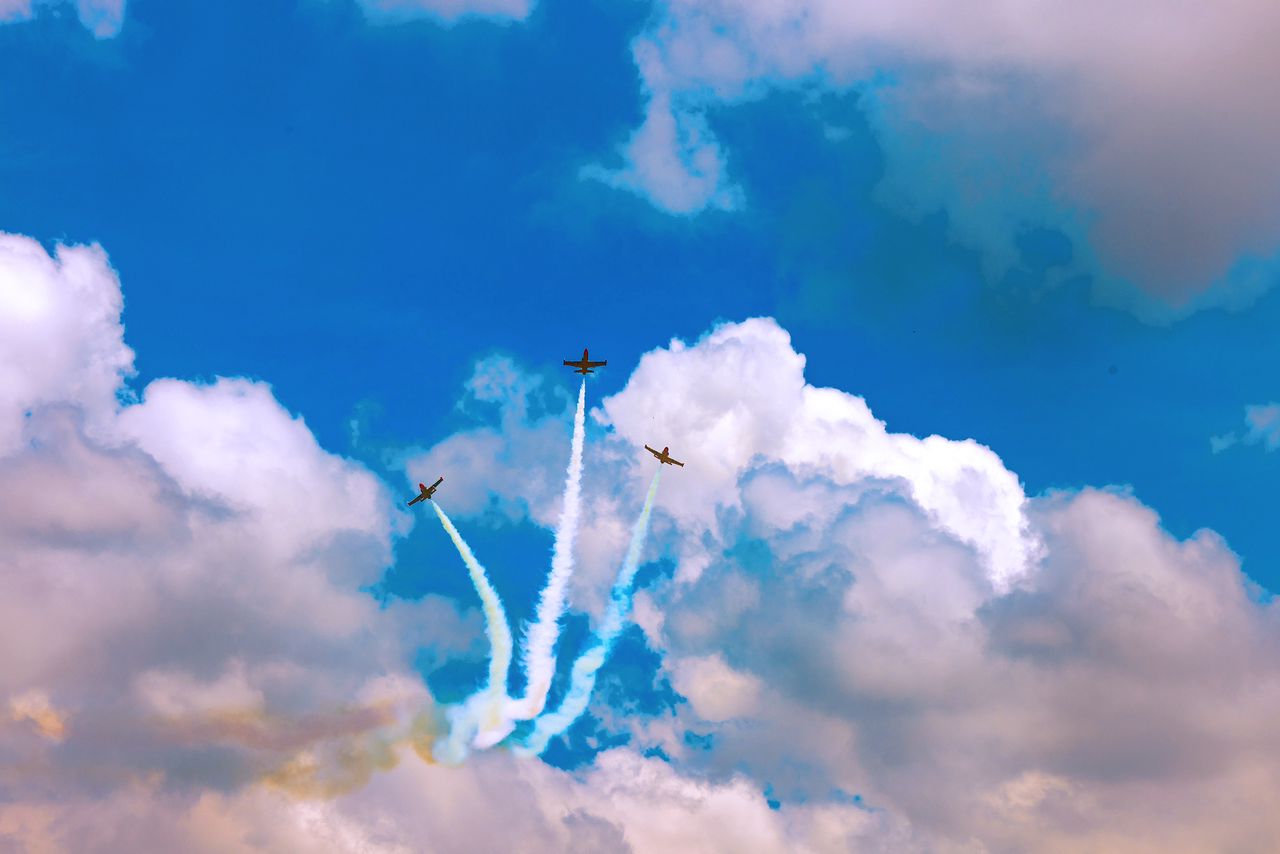Nigeria@62: Africa’s giant of yesterday, today and tomorrow
By Mukhtar Garba Kobi Nigeria is a country located in West Africa which was colonized by the British. The country was granted independence in 1960 after series of struggles by our elites that were diverse in religion, tribes and regions but worked together as one for our emancipation. Nigeria shares land borders with Niger Republic […]

By Mukhtar Garba Kobi
Nigeria is a country located in West Africa which was colonized by the British. The country was granted independence in 1960 after series of struggles by our elites that were diverse in religion, tribes and regions but worked together as one for our emancipation.
Nigeria shares land borders with Niger Republic in the North, Chad and Cameroon in the East, Gulf of Guinea to the South of Atlantic Ocean and Benin Republic in the West; the country that was blessed with both natural and human resources. There is no developed country that reached where it is now without encountering tough challenges. Nigeria is on the verge of development, and hence challenges are inevitable but resolving them triggers evergreen transformations.
Nigeria@62: The mixed fortunes of her diversity and the 2023 agenda
Looted Benin bronzes will go on show for one last time in Berlin
In 1914, the British colonial administration amalgamated the Southern and Northern protectorates to a single colony and protectorate of Nigeria, the amalgamation of over 250 diverse ethnic groups and two separate provinces is obviously related to the first military coup in Nigeria and the subsequent civil war. The Nigerian civil war was a devastating experience as both sides lost thousands of loved ones and properties worth millions were destroyed. The three major tribes in Nigeria; Hausa, Yoruba, and Igbo are known globally for their befitting cultures, they often times represent the country in Olympics games and perform excellently well in their different categories; it is therefore better to continue maintaining similar spirits for Nigeria’s sovereignty and unification.
The country has a variety of renewable and non-renewable resources; some have not yet tapped. Every state has one or more natural resources which make it unique from others; resources that could be found in the North include coal, tin, limestone and perishable farm-produce. Some states in the southern part have abundant crude oil which has been helping the country’s economy since its discovery in 1956. They also have palm trees in excess that are not enough in the North.
Therefore, there is no single state that could not give residents everything 100 percent without relying on other states. Government’s efforts in indigenizing and supporting local factories paved the way for many to develop commercially.
Our dreams of succeeding in all paces of human ramifications could only be achieved if we tolerate the lapses of others, understand one another and put the country over our personal interests. Some parts of other countries that decided to secede are wallowing in poverty, unemployment, human rights abuses, and border wars.
An African proverb says ‘when two brothers fight to the death, strangers inherit their wealth’; meaning that if a country sinks in war, others they disrespect end-up getting their valuable resources. Despite challenges of inadequate water, fragile electricity, jutting unemployment, unequipped schools and hospitals still the level of patriotism remained firm as there are good leaders doing their best and things are improving gradually.
There is need for leaders to promote the living condition of the populace irrespective of heterogeneity and without bias. Referendum, constitution review and information sharing with all subordinates should be championed by leaders so as to give room for people-driven leadership and accommodate ideas that contradict theirs. To forge for more national unity, political parties that adopt name, logo or motto with ethnic, geographical or religious connotations should be proscribed. Most of those clamoring for war have already sent their family members abroad; ironically they push people to war while indirectly preventing their loved ones from being injured or killed. Everyone could be responsible for bringing positive or negative changes because our present actions and inactions determine the future.
If God wanted, He could have created us practicing same religion, speaking similar language and cohabiting in a single geographical location but instead in His wisdom, He created us in different sizes and shapes, different races and cultures, different faiths and modes of dressings, foods and traditions just for us to tolerate one another for development to reign.
We as citizens could be part of government by trying to know what councilors are doing in wards, kinds of bills members are passing in state assemblies, what governors are projecting for states and then beseeching to be aware on what Mr. President is doing for the whole nation. Together, we can make Nigeria great again.
Mukhtar can be reached via [email protected]
